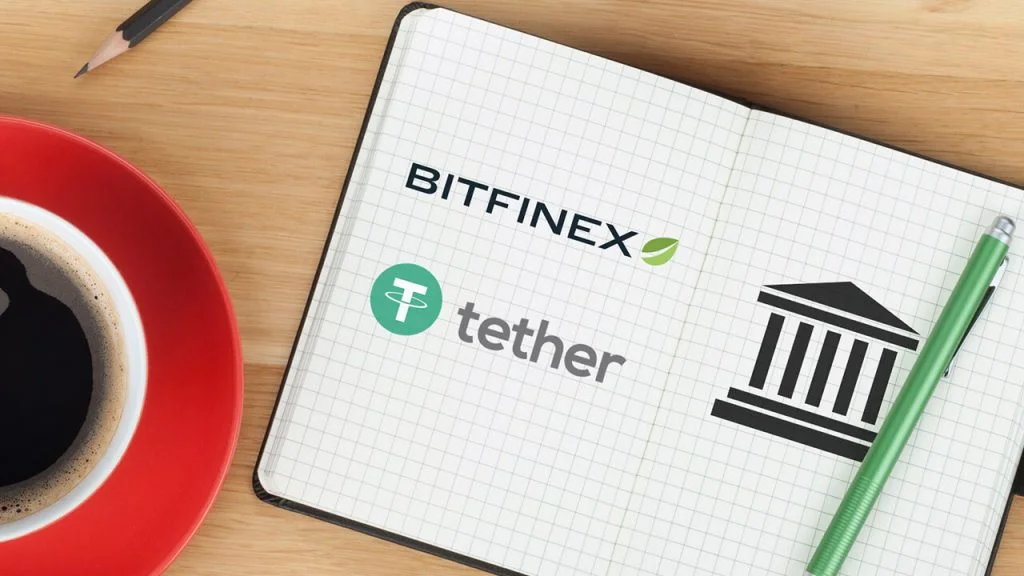Tether and Bitfinex were fined $41 million and $1.5 million, respectively, by the Commodity Futures Trading Commission (CFTC) on Oct. 15, citing violations of a previous CFTC ruling.

Tether, the company behind the eponymous stablecoin, only had sufficient cash reserves to underpin the dollar-pegged asset for 27.6% of the time during the 26-month period under examination between 2016 and 2018, according to the regulator.
Tether also broke the law by storing a portion of its reserves in non-fiat financial instruments and mixing operating and reserve funds, according to the agency.
Bitfinex was charged with enabling “illegal, off-exchange retail commodity transactions in digital assets with US individuals” on its platform, as well as operating “as a futures commission merchant, or FCM, without registering as required” by the commodities futures watchdog.
Commissioner Dawn Stump, in a concurring statement, welcomed the move while also expressing concerns that the settlement could “give consumers of stablecoins with a false feeling of confidence,” leading them to believe that the CFTC monitors and oversees stablecoin issuers.
Stump distanced the CFTC from regulating stablecoins and having “daily insight into the activities of those who issue” stablecoins, despite the fact that the CFTC used a broad definition of “commodity” in this case.
Tether responded with a statement claiming that it “always maintained appropriate reserves.” The firm justified its settlement by stating that it wanted to “resolve this situation so that we can move forward and focus on the future.”
